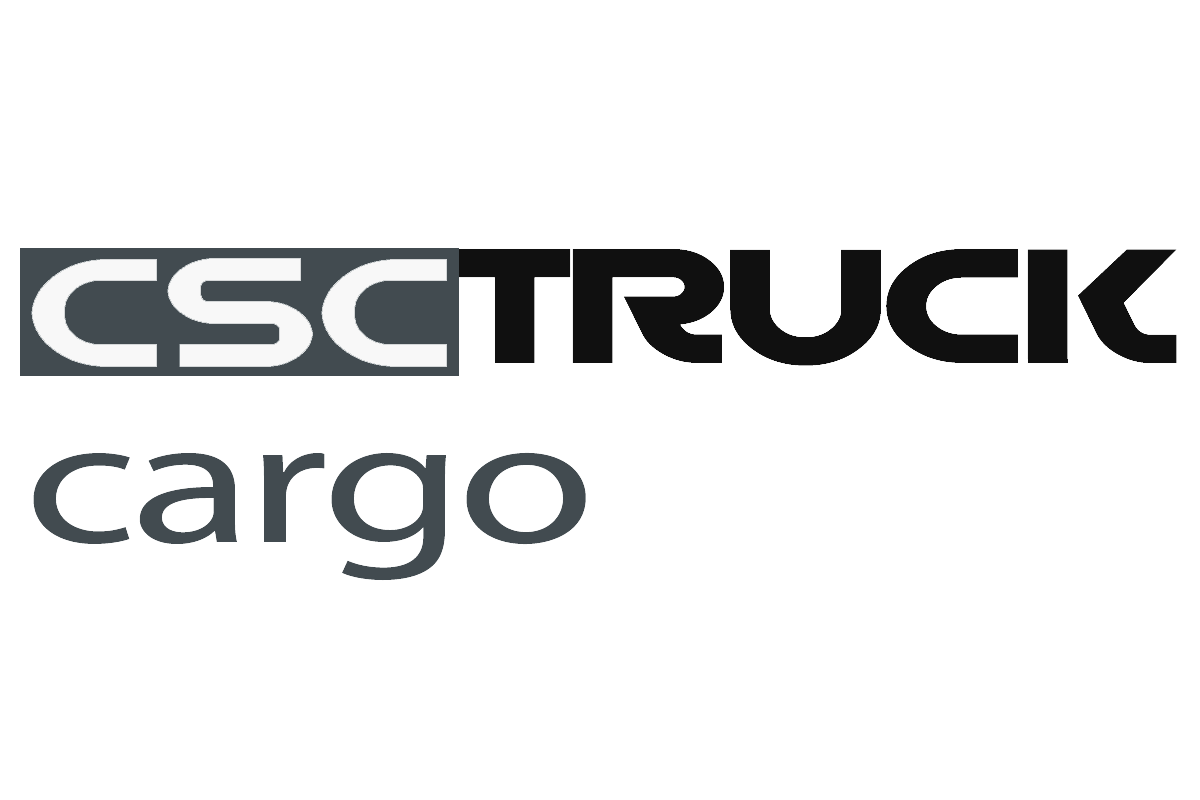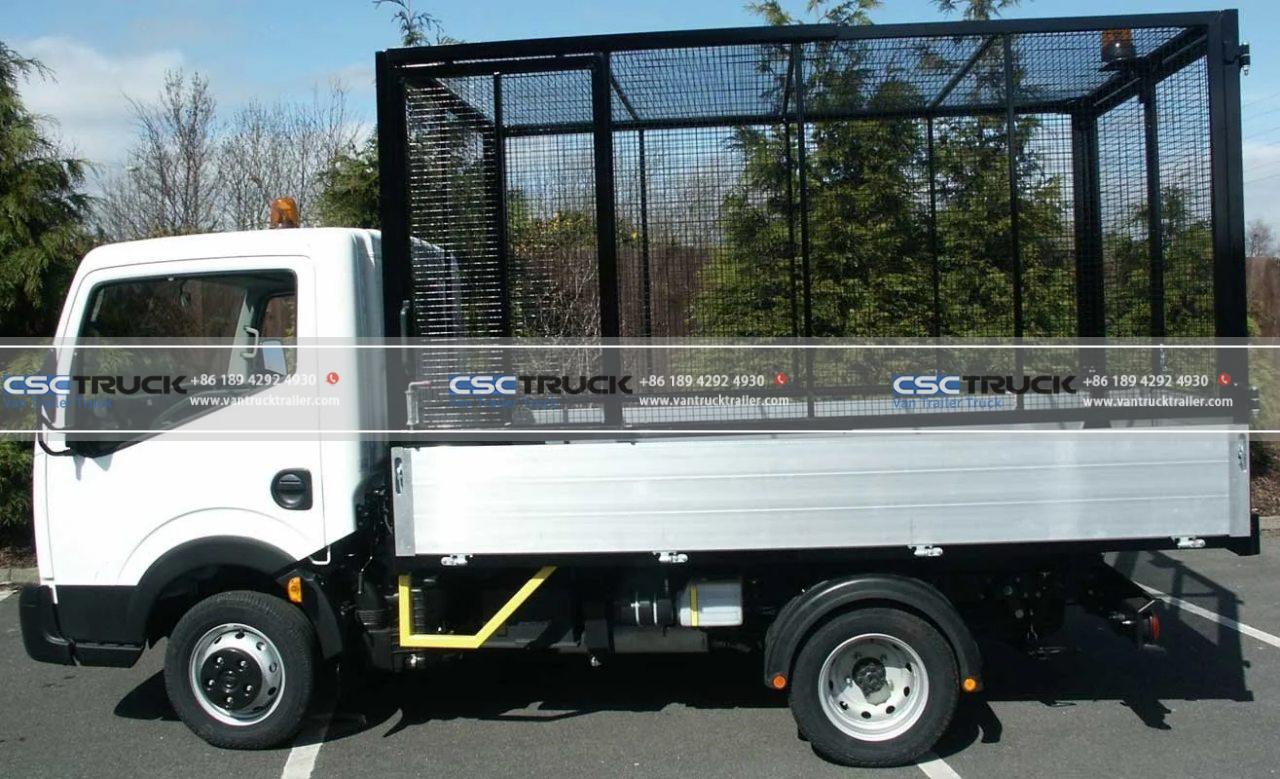In today’s globalized world, logistics is at the heart of the supply chain industry, ensuring the timely and efficient movement of goods from one point to another. One of the most critical elements in the logistics process is the cargo truck, which is indispensable for the transportation of goods across various industries. As the demand for faster deliveries and more efficient operations grows, optimizing cargo truck solutions has become a priority for businesses seeking to streamline their supply chains.
This post will explore how cargo truck solutions—from specialized vehicles like freezer trucks to versatile dry van trucks—are transforming logistics efficiency. We will examine the various types of cargo trucks available, their role in improving delivery times, reducing costs, and enhancing overall operational effectiveness. By understanding these innovations, businesses can leverage them to enhance their logistics strategies and maintain a competitive edge.
Understanding Cargo Truck Solutions: Types and Importance
Cargo trucks are designed for transporting goods over long distances and are available in a variety of types and configurations to suit different needs. These trucks play an integral role in the logistics chain, moving products from warehouses to distribution centers, and ultimately, to customers. Whether for bulk materials or temperature-sensitive items, the correct type of truck can make a significant difference in both the efficiency and cost-effectiveness of logistics operations.
Types of Cargo Trucks
There are several types of cargo trucks, each designed to cater to specific logistics needs. For example, dry van trucks are some of the most common vehicles used in transportation. These trucks are enclosed, offering protection against weather conditions and theft, making them ideal for general freight that does not require temperature control.
On the other hand, specialized trucks such as freezer trucks are used to transport perishable goods that must remain at a specific temperature. Freezer trucks, also known as refrigerated trucks, ensure that food, pharmaceuticals, and other temperature-sensitive products remain within safe temperature ranges throughout their journey.
Understanding the type of cargo truck that best suits your business needs is the first step toward maximizing logistics efficiency. The right vehicle ensures timely delivery, reduces spoilage or damage, and supports the overall effectiveness of the logistics network.
How Cargo Truck Solutions Enhance Delivery Efficiency
The core benefit of leveraging advanced cargo truck solutions is the improvement in delivery efficiency. In an era where consumers expect faster delivery times and businesses demand more cost-effective operations, cargo trucks are essential in meeting these goals. With the right solutions in place, companies can streamline their delivery processes, reduce operational bottlenecks, and increase overall productivity.
Timely and Reliable Deliveries
One of the primary objectives in logistics is to ensure that goods are delivered on time. Cargo trucks help achieve this by providing reliable transportation methods that can cover vast distances without sacrificing time. Advanced tracking technologies in modern trucks allow logistics teams to monitor shipments in real-time, providing valuable insights into route optimization, fuel consumption, and potential delays.
Furthermore, GPS systems integrated into trucks allow for route optimization, minimizing delays caused by traffic congestion, roadwork, or weather disruptions. By ensuring that goods are delivered in the shortest amount of time, companies can improve customer satisfaction and ensure that their products reach the market faster than their competitors.
Reducing Costs and Improving Fuel Efficiency
Another way cargo truck solutions enhance delivery efficiency is by improving fuel efficiency and reducing operational costs. Modern cargo trucks are designed to be fuel-efficient, using technologies such as aerodynamic bodies and eco-friendly engines that help reduce fuel consumption and greenhouse gas emissions. By lowering fuel costs, businesses can pass on the savings to customers, which is an important competitive advantage in the logistics industry.
Additionally, the use of telematics and data analytics helps fleet managers track fuel usage, maintenance schedules, and overall truck performance. These insights allow businesses to make informed decisions, prevent unnecessary downtime, and optimize routes, ultimately leading to cost savings and better resource allocation.
Leveraging Specialized Cargo Trucks for Specific Needs
In the logistics industry, there is no one-size-fits-all solution. Different types of goods require different transportation methods to ensure they are delivered safely and in optimal condition. This is where specialized cargo trucks come into play, ensuring that businesses can meet specific logistical demands, particularly when handling sensitive or fragile goods.
Freezer Trucks: Ensuring Temperature Control for Sensitive Goods
Freezer trucks (or refrigerated trucks) are one of the most important types of specialized cargo trucks, particularly for businesses involved in the food and pharmaceutical industries. These vehicles are designed to maintain a specific temperature range throughout the journey, preventing perishable goods from spoiling or losing their quality.
By maintaining constant refrigeration, freezer trucks help businesses reduce spoilage rates and ensure the delivery of high-quality goods. Whether transporting frozen food, dairy products, or vaccines, the ability to control the temperature during transit is essential for ensuring the goods arrive in perfect condition.
Dry Van Trucks: Versatility for Non-Temperature-Sensitive Goods
On the other hand, dry van trucks offer a versatile and cost-effective solution for businesses that need to transport non-temperature-sensitive goods. From electronics to textiles, dry van trucks provide a secure and enclosed environment for goods, protecting them from environmental elements such as rain, dust, and theft.
Their flexibility makes dry van trucks ideal for businesses with diverse product lines, as they can accommodate various types of goods with varying sizes and shapes. Moreover, dry van trucks are generally more affordable than specialized vehicles, making them an attractive option for businesses that don’t require temperature-controlled solutions.
The Future of Cargo Truck Solutions: Innovations in Technology
As the logistics industry continues to evolve, technological advancements are playing an increasingly important role in improving the efficiency and capabilities of cargo trucks. Innovations in automation, connectivity, and sustainability are shaping the future of cargo transportation, making it more intelligent and eco-friendly.
Autonomous and Electric Trucks
One of the most significant trends in the cargo truck industry is the development of autonomous trucks. These self-driving vehicles promise to revolutionize logistics by reducing labor costs, improving safety, and optimizing delivery routes. Autonomous trucks use advanced sensors, AI, and machine learning algorithms to navigate roads and make real-time decisions, reducing human error and enhancing efficiency.
Additionally, electric trucks are gaining traction as an environmentally friendly alternative to traditional diesel-powered vehicles. Electric cargo trucks produce fewer emissions and offer lower operating costs, making them an attractive option for companies looking to reduce their carbon footprint and operate more sustainably.
Smart Technology and Data Analytics
The integration of smart technology and data analytics is also enhancing cargo truck solutions. By using telemetry systems, fleet managers can gather real-time data on truck performance, fuel efficiency, driver behavior, and maintenance needs. This information can be used to optimize routes, schedule preventive maintenance, and identify inefficiencies, leading to significant improvements in operational performance.
Moreover, IoT-enabled trucks are capable of communicating with other vehicles and infrastructure, sharing information about road conditions, traffic, and even vehicle health. This level of connectivity allows logistics companies to make data-driven decisions, reducing delays, improving safety, and increasing overall efficiency.
Maximizing Logistics Operations with the Right Cargo Truck Solutions
In an industry where time and efficiency are critical, businesses must carefully evaluate their cargo truck solutions to ensure they meet the demands of modern logistics. By selecting the right trucks for specific needs—whether freezer trucks for perishable goods or dry van trucks for general freight—companies can enhance their ability to deliver goods quickly, safely, and cost-effectively.
Additionally, technological innovations like autonomous vehicles and smart analytics are revolutionizing the logistics industry, offering new opportunities to streamline operations, reduce costs, and improve sustainability. By leveraging these advancements, businesses can stay competitive and position themselves for success in an increasingly demanding market.
Maximizing logistics efficiency with the right cargo truck solutions is more than just about transportation; it’s about creating an interconnected, data-driven ecosystem that enhances the entire supply chain, benefiting both businesses and customers alike.

